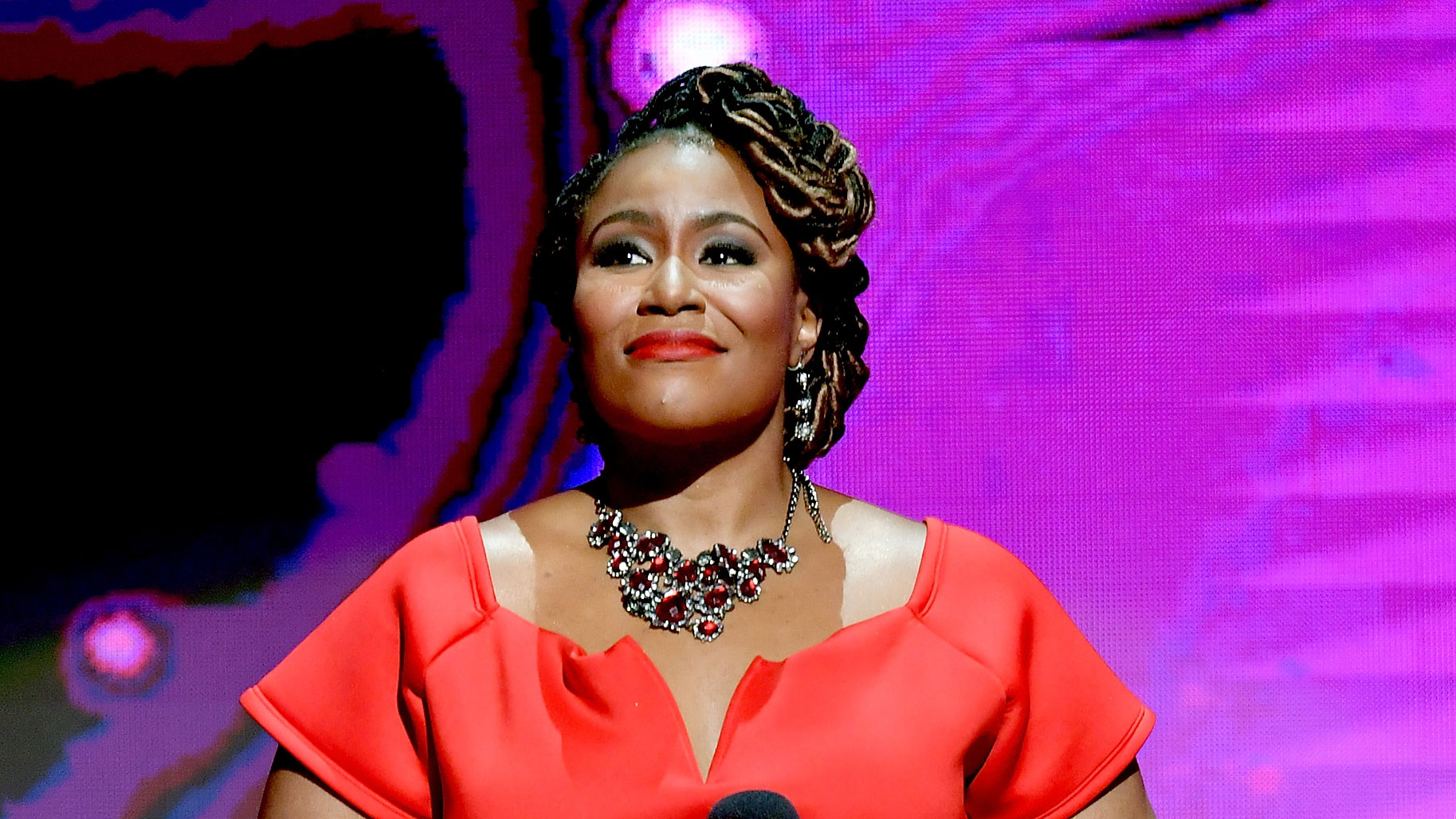U.S. officials say the Trump administration is proposing deep cuts in spending for diplomacy and foreign aid programs to help pay for increased military spending, but Sen. Lindsey Graham says those cuts will never get through Congress.
"It's dead on arrival," the South Carolina Republican and occasional critic of President Donald Trump said on MSNBC Tuesday. "It's not going to happen, it would be a disaster."
Officials familiar with the proposal, a way to pay for a $54 billion hike in defense spending, say it calls for slashing 37 percent of the State Department and the U.S. Agency for International Development budgets. Development assistance would take the biggest hit. The officials spoke on condition of anonymity because they weren't authorized to discuss the spending plan publicly before it is presented to Congress.
In the current fiscal year, the State Department and USAID got $50.1 billion, a little more than 1 percent of the total federal budget. Officials say a 37 percent cut would likely require reductions in staff, including security contractors at diplomatic missions abroad.
Graham, who has at times been critical of Trump's foreign policy, offered a strong defense of what the State Department does, and how it helps the U.S. military.
"Foreign assistance is an insurance policy. Investing over there even though we have needs here makes us safer," Graham said, noting that the U.S. didn't walk away from Germany and Japan without helping to rebuild after World War II.
An outline of Trump's budget was released Monday, with Trump saying the government will "do more with less," and be more accountable to the American people. The boost to the defense budget is meant to modernize the military.
U.S. & World
Stories that affect your life across the U.S. and around the world.
But Graham said foreign aid makes up just one percent of the budget, and that it supports the military mission as well as America's allies abroad. Nor would it necessarily end up saving money, the senator said, quoting Secretary of Defense Jim Mattis, who as a general said, "If you don't fully fund the State Department, then I need to buy more ammunition."
There has been other vocal support of funding for foreign aid and the State Department. More than 120 retired three- and four-star generals wrote to congressional leaders Monday to say that the military needs civilian partners to "battle against the drivers of extremism" in order to prevent conflict and reduce the need to put troops in danger.
Among the retired generals who signed the letter were a chairman of the Joint Chiefs of Staff, a Supreme Allied Commander of NATO for Europe, two directors of the National Security Agency and two commandants of the Marine Corps.
"I'm for increasing the defense budget but doing it on the back of development and diplomacy is a mistake," retired Admiral James Stavridis, who signed and helped organize the letter, said on MSNBC Tuesday.
Stavridis, the NATO Supreme Allied Commander Europe from 2009 to 2013, explained that supporting nations abroad helps create stability there, which allows them both to trade with the U.S. and to partner in the fight against drugs.



